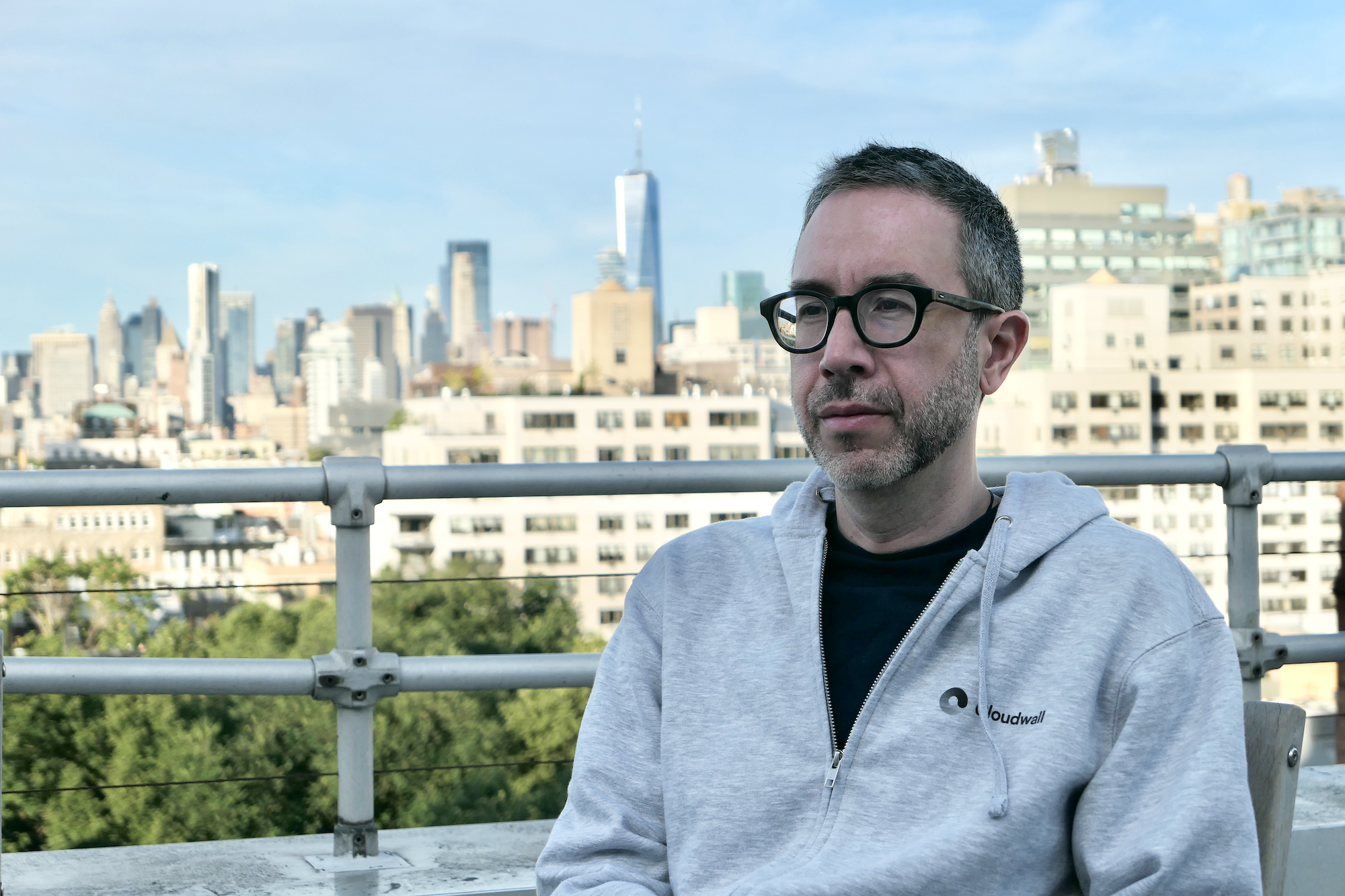Why We Build
by Kyle Downey, CEO & Co-founder - 24 Aug 2022

I have previously written about the beginnings of Cloudwall and gave my perspective on why you might want to work here. This blog post covers something related to that topic: why we are building Serenity, our digital asset risk platform.
Serenity aims to capture the full spectrum of financial risks facing institutional investors in digital assets: market, liquidity, credit, DeFi / stablecoin and other risks that could lead to large drawdowns or even the collapse of a firm. It aims to give those investors the insights and defenses they need to safely trade in a volatile and fast-changing market. Investors may have varying perspectives of which risks are worth taking, but Serenity's job is to ensure they are not operating in the blind.
Why bother? Why is this worth doing?
Our strongly held view is that in the future all assets will be digital assets: we are tokenization maximalists, who believe that finance will be rebuilt on Web3 technologies and that ultimately much of trading today will move to DeFi, with institutions trading peer-to-peer with the support of a constellation of interconnected smart contracts and oracles layered on top of a worldwide network of blockchains. Credit, execution, custody, price discovery, analysis: it will all move to generic securitization rails that allow assets of all kinds to be traded in the same way. This will be deeply disruptive to the status quo, but also very risky for the world economy if there are not stabilizers and guardrails put in place as it grows.
Risk is fundamental to finance: whatever the asset class; whatever the trading venue or underlying technology; no matter how disruptive the change, risk will always be there. Web3 will not change this, and if history to date is any guide it will bring unique risks further amplified by the interconnected nature of DeFi, leading to systemic risks that could undermine the whole project. While traditional finance and regulators have put in place measures with varying degrees of success to manage such risks, it has come at a cost that some find unacceptable.
So what is to be done? Do we retreat to the security blanket of central authorities and say decentralization is too dangerous? Do we ignore the risks and allow the whole story to play out in a censorship-resistant parallel economy playing cat-and-mouse with the regulators? We find both of these outcomes unacceptable, for different reasons.
To give up on DeFi rather than managing the risks with a blend of innovation and lessons from traditional finance is to walk away from a once-in-a-lifetime chance to renegotiate some fundamental pieces of the social contract, both in terms of the economic arrangement and privacy. We can fire up the war machines of creative destruction and take on rent-seeking intermediaries, unequal access to credit, monopolists, businesses built on selling out our privacy and address inefficiencies that once repaired will free up resources to address the great challenges of this century. To choose to stay small in order to minimize risk or to close ourselves off from broader society to avoid having to compromise is a standing down that we find completely unacceptable.
But compromise will be required. The decentralized economy will live alongside traditional finance for a long time, and the metaverse will live within a real world, and have to come to terms with society. Absolute freedom corrupts just as surely as absolute power: the anarchists whisper in our ears that it's all broken, so it's better to burn it all down, but they are wrong. This means that the final negotiated settlement will involve regulation, risk management, on-chain and off-chain components, and there will be mechanisms to selectively disclose information in the name of securing the system against bad actors. Out of this compromise will come a license to grow and extend across the world economy.
If Web3 is viewed as an unstable haven of fraudsters, speculators and criminals and digital assets only good for buying drugs and funding North Korean nuclear weapons, it will be forced to stay small. The manifold risks need to be managed, and in return the patient capital which will anchor the entire system will flow in, and fund this transformation. There is a choice ahead: you can change the world, or you can disengage and stay small. For this reason we are putting our time and energy into building the robust defenses those investors will need in order to join the Blockchain Economy.
One day when Serenity has done its job, we may take this company public on the blockchain, in a deep and liquid global market with broad participation, greater privacy and equal access that we had some small part in creating. The world is not well served when we decline to do hard things, and this the one we chose.
This is why we build.
